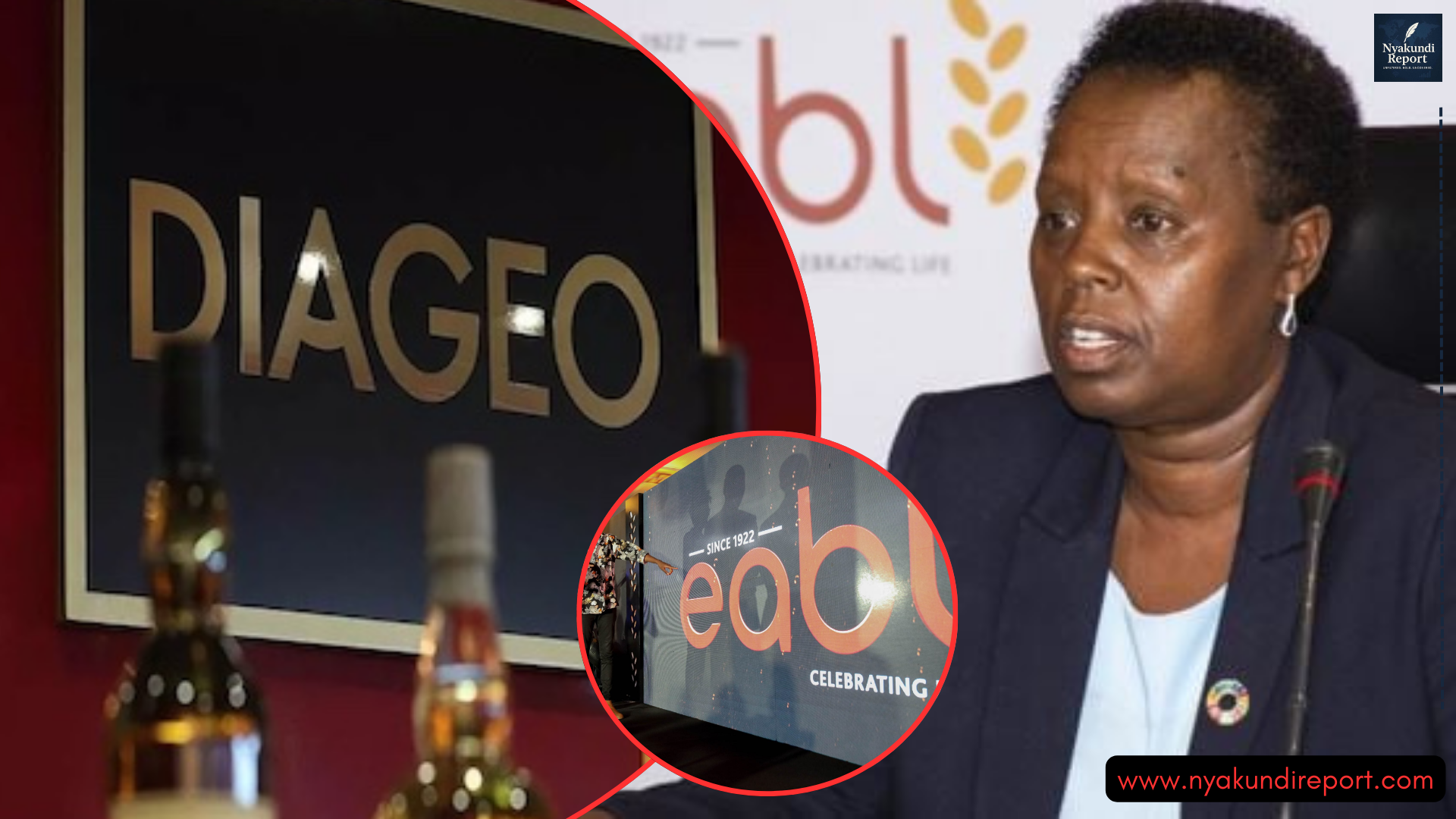Democracy for Citizens Party (DCP) leader Rigathi Gachagua has issued a chilling warning to Kenyans rushing to purchase government-backed affordable housing units in Ongata Rongai.
Speaking during a Sunday service at St. Peter’s ACK Cathedral in Rongai, the former Deputy President alleged that the land earmarked for the 2,000 units belonged to the Presbyterian Church of East Africa (PCEA).
He promised that once he returns to power in 2027, he will evict all buyers and return the property to the church, leaving early investors at risk of heavy losses.

Gachagua Rejects Affordable Houses Project in Rongai
Rigathi Gachagua’s statement dealt a heavy blow to President William Ruto’s affordable housing agenda, which the government has marketed as a lifeline for low- and middle-income earners.
According to Gachagua, the 152-acre piece of land under construction does not belong to the state but to the PCEA. He accused the government of forcefully grabbing the land and disguising a commercial project as an affordable housing plan.
“Those houses being built are not affordable housing. They are commercial houses. I want to warn investors, do not waste your money buying them. You will lose,” Gachagua told the congregation.
The former deputy president was clear that if the opposition wins in 2027, one of its first actions will be to repossess the land and return it to the church.
“If you bought the houses, you will incur losses because PCEA will take those houses and collect their rent,” he declared.
His remarks sent shockwaves among potential buyers already registering under the Boma Yangu platform for the Rongai units. Many have been saving for years to access what they hoped would be affordable homes.
Are Buyers Risking Heavy Losses in Ongata Rongai?
The government launched the Ongata Rongai affordable housing project in July 2025. Regional Director of Nairobi Metropolitan Services Don Kagicha announced that the Ksh5.2 billion project would deliver 2,000 units, including studio apartments and one-, two-, and three-bedroom houses.
To reassure the community, the government promised to prioritize schools and social amenities before construction began. It also revealed plans to drill three boreholes and establish a sewer system near the Oloolaiser Water Plant to serve the development.
But Gachagua painted a different picture, portraying the entire project as an illegal takeover of church land. His vow to reverse sales has raised fears among buyers, who now face uncertainty about whether their dream homes could be demolished or repossessed.
Gachagua’s declaration also cast a shadow over Kenya’s broader affordable housing agenda. If buyers doubt the security of their investments, they may shy away from future government-backed projects, undermining a central policy of the Ruto administration.
Water Shortages Overlooked in Housing Push
Beyond land ownership, Gachagua criticized the government’s priorities in Kajiado County. He argued that residents of Ongata Rongai, Kiserian, and Ngong were not demanding houses but solutions to critical water and sanitation shortages.
“I want to ask the government to listen to the people. The challenge of Kiserian and Ngong is not housing. The challenge is water and sewerage,” he said.
His comments highlighted the growing debate over whether the government’s housing agenda addresses the most urgent needs of Kenyans. While thousands are homeless or living in slums, many peri-urban residents argue that poor water systems, clogged sewer lines, and unreliable electricity are their bigger concerns.
The controversy over Rongai could become a symbol of a larger battle between competing priorities: flashy housing projects for political legacy versus essential services that directly affect daily life.
Political Stakes in the Affordable Housing Debate
Gachagua’s hard stance on the Rongai housing project signals a deeper political confrontation ahead of the 2027 elections. By positioning himself as the defender of church land and local needs, he is appealing directly to religious institutions and grassroots communities that feel sidelined by government projects.
At the same time, his threats risk discouraging buyers and investors, possibly slowing down President Ruto’s flagship program. Affordable housing has been marketed as a solution to Kenya’s urban housing crisis, but its success depends on public confidence.
The battle over Rongai affordable houses is no longer just about land or apartments. It has become a political test of trust, priorities, and governance. If buyers continue to register under Boma Yangu despite Gachagua’s threats, it will be seen as an endorsement of Ruto’s housing plan. If they pull out, it could deal a serious blow to one of his most ambitious projects.
For now, potential buyers are caught in the middle. They must choose between believing government assurances of legitimacy or heeding Gachagua’s warning of future eviction.
One thing is clear: the affordable houses in Ongata Rongai are no longer just about shelter. They are about politics, power, and the future of land ownership in Kenya.










































